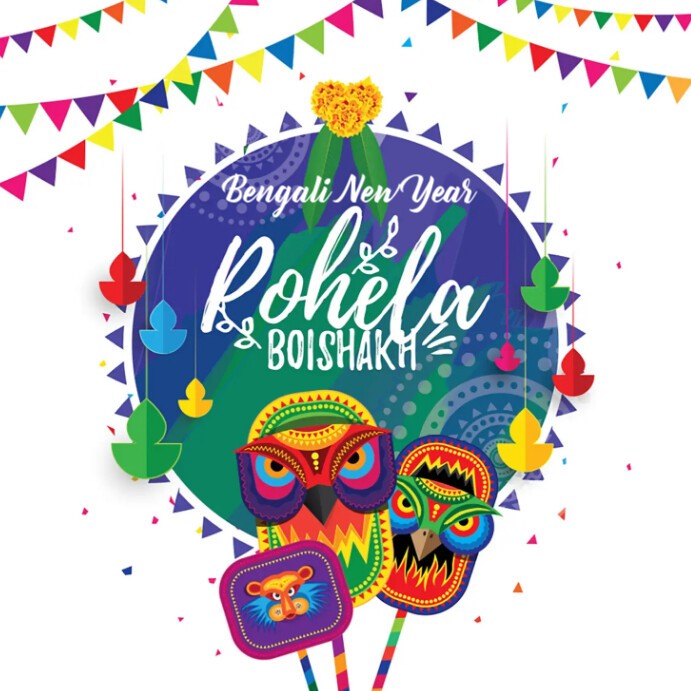Pohela Boishakh: Bangladesh’s Fixed April 14 Celebration
Why in News ?
Bangladesh celebrates Pohela Boishakh, the Bengali New Year, on April 14 every year since 1987, following calendar reforms for consistency. In contrast, India observes it on April 14 or 15, based on the traditional lunar-solar Bengali calendar system.
Bangladesh’s Calendar Reform and Fixed Date :
- In 1966, Bangladesh’s Bangla Academy formed a committee, led by Muhammad Shahidullah, to standardize the calendar.
- The reform fixed the first five months to 31 days and the remaining seven to 30 days, except for the month of Falgun, which gets an extra day during leap years.
- Bangladesh officially adopted this revised calendar in 1987, making Pohela Boishakh fall consistently on April 14 each year.
The Indian Context and Variable Date
- West Bengal and other Indian regions still follow the older, traditional Bengali calendar.
- This version is tied to Hindu religious observances, where month lengths depend on the sun’s actual position in the zodiac.
- As a result, Pohela Boishakh in India varies, falling either on April 14 or April 15 depending on the year.
Understanding Pohela Boishakh and Its Roots:● Pohela Boishakh marks the first day of Boishakh, the opening month of the Bengali calendar. |




